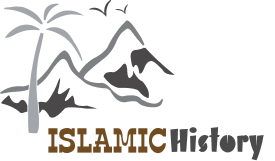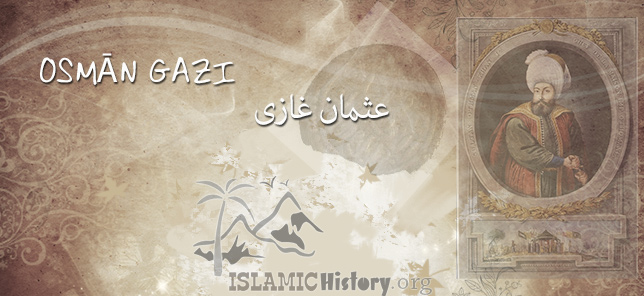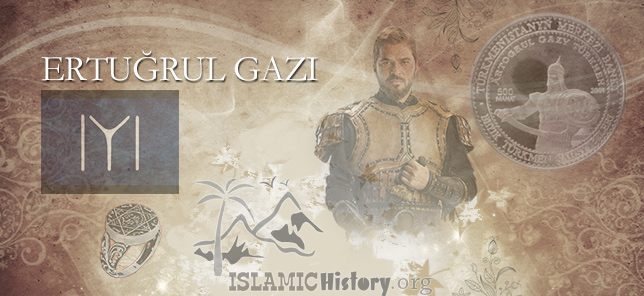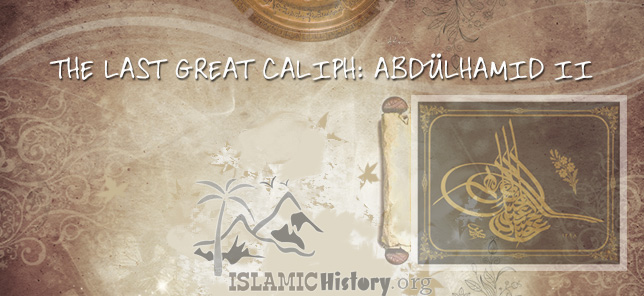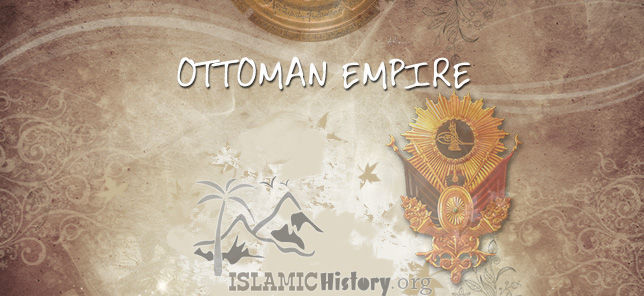Osman I or Osman Gazi, sometimes transliterated archaically as Othman, was the leader of the Ottoman Turks and the founder of the Ottoman dynasty. The dynasty bearing his name later established and ruled the nascent Ottoman Empire OSMANS NAME : Some scholars have argued that Osman’s original name was Turkish, probably Atman or Ataman, and was only later changed to ʿOsmān, of Arabic origin. The earliest Byzantine sources, including...
The Ottomans
Ertugrul (Ottoman Turkish: ارطغرل, Turkish: Ertuğrul Gazi, Erṭoġrıl; often with the title Gazi) (died c. 1280) was the father of Osman I, the founder of the Ottoman Empire. While his historicity is proven by coins minted by Osman I which identify Ertuğrul as the name of his father, nothing else is known for certain about his life or activities. According to Ottoman tradition, he was the son of Suleyman Shah, leader of the Kayı tribe of Oghuz...
Throughout Islamic history, one of the uniting aspects of the Muslim world was the caliphate. After the death of Prophet Muhammad ﷺ, his close companion, Abu Bakr, was elected as the first Khalifah, or caliph, of the Muslim community. His job as a leader combined political power over the Muslim state as well as spiritual guidance for Muslims. It became a hereditary position, occupied at first by the Umayyad family, and later by the Abbasids. In...
During the second Mongol invasion, Tamerlane had met and very nearly annihilated another rising power: the Ottomans. Under a minor chieftain named Othman, groups of Turkish-speaking peoples in Anatolia were united in the Ottoman confederation which, by the second half of the fourteenth century, had conquered much of present-day Greece and Turkey and was threatening Constantinople. The Ottoman state was born on the frontier between Islam and the...
